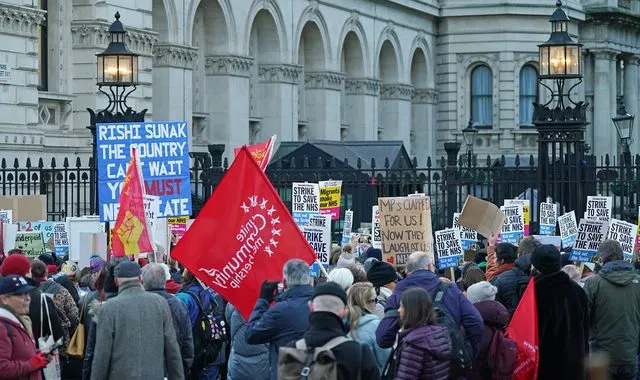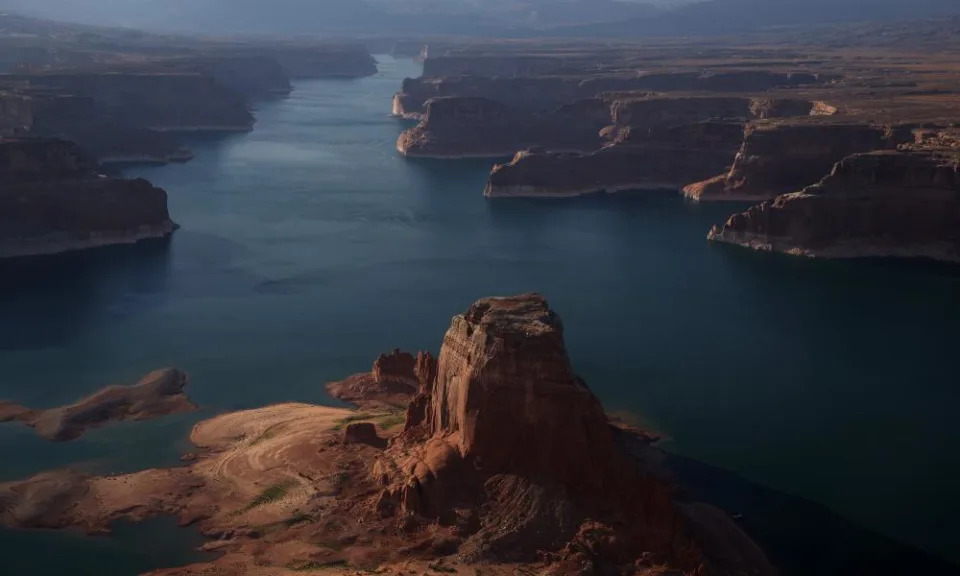Neil Lancefield, PA Transport Correspondent
Thu, 9 March 2023

Britain’s biggest rail union has pledged to continue to oppose maintenance reforms at Network Rail even if its members vote to end strikes at the company.
The Rail, Maritime and Transport union (RMT) has suspended its industrial action at Network Rail after receiving a new offer on pay and benefits.
A ballot of its members on whether to accept the proposal opened on Thursday and will run until March 20.
The RMT said the offer amounts to an uplift on salaries of between 14.4% for the lowest paid workers to 9.2% for those earning the most.
Network Rail has always insisted pay rises can be funded only through modernising how it carries out maintenance.
It has already opened local consultations on changes, but no major reforms are expected in the short term.
In a video message to members, RMT senior assistant general secretary Eddie Dempsey said: “This offer is not conditional on our acceptance of modernising maintenance, which this union will not endorse.
“But to be absolutely clear, you will be casting your vote on the basis that acceptance of this deal will settle all aspects of this trade dispute, and this dispute will be terminated.
“We may be able to continue to challenge modernising maintenance in the company processes and through raising our safety concerns to the regulator, but this dispute will be concluded.”
If the offer is rejected, the union will “continue in strike action and in our industrial campaign to pursue a new deal”, Mr Dempsey said.
He added: “The matter is now in your hands as rank and file members, and is for you to determine the next steps for this trade union.”
Network Rail chief executive Andrew Haines said: “The deal protects jobs, ensures a pay rise and will help us move forward as a business and a railway.
“I recognise that there may still be disruption for passengers this month due to other strike action, but this is a constructive step forward and I hope that my colleagues in the RMT will vote to accept this package.”
The RMT has been engaged in national rail strikes since June last year, frequently disrupting services.
Strikes by RMT members at 14 train companies are still scheduled to take place on March 16, 18 and 30 and April 1, and are expected to cause major disruption.
The Rail Delivery Group, which represents the companies, has urged the union to also call off those walk-outs and put its latest offer to a vote.
The RMT said on Wednesday it has been invited for talks by the RDG on condition next week’s strikes are suspended.
The union went on: “The RMT NEC (national executive committee) has decided that the scheduled action will remain in place but that the union will be available for discussions and will attend any meetings on creating a resolution to the dispute through an improved offer.
“The union will contact the RDG seeking such a meeting.”


















